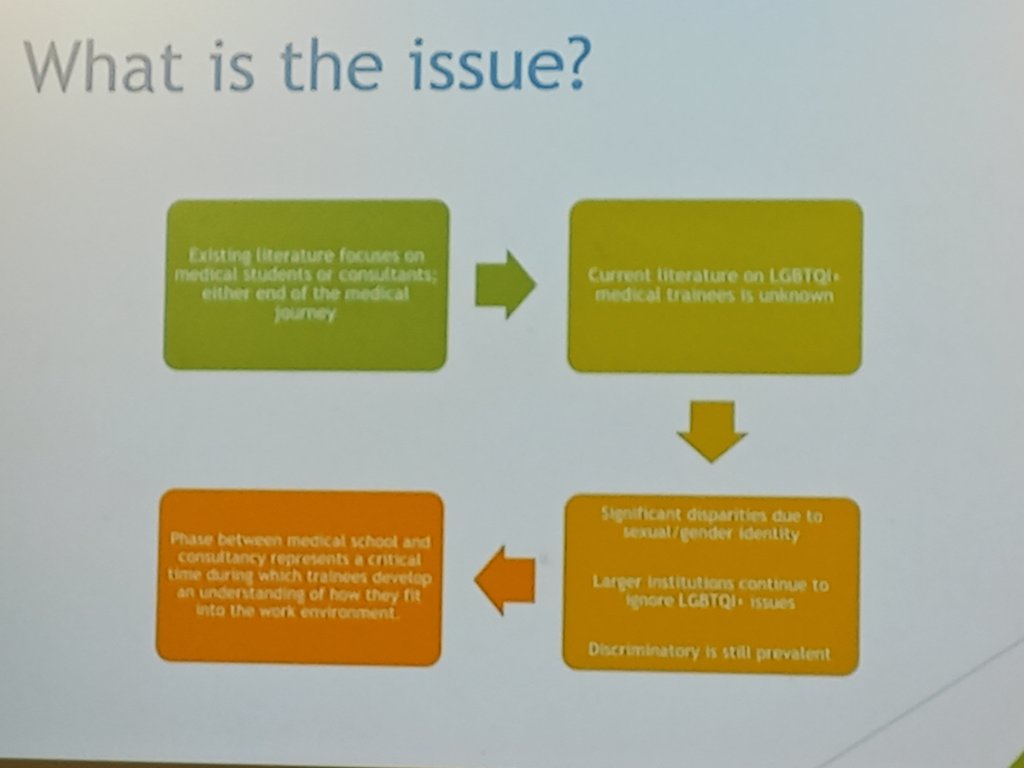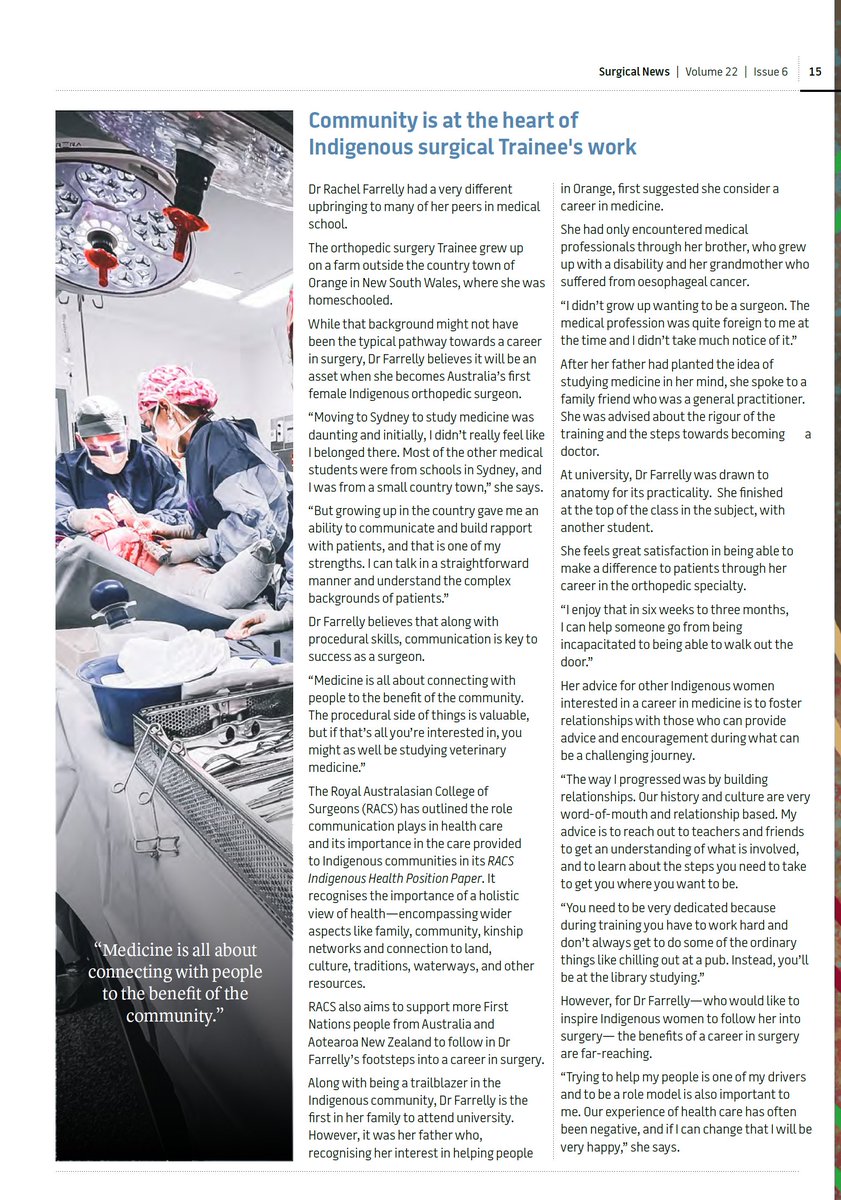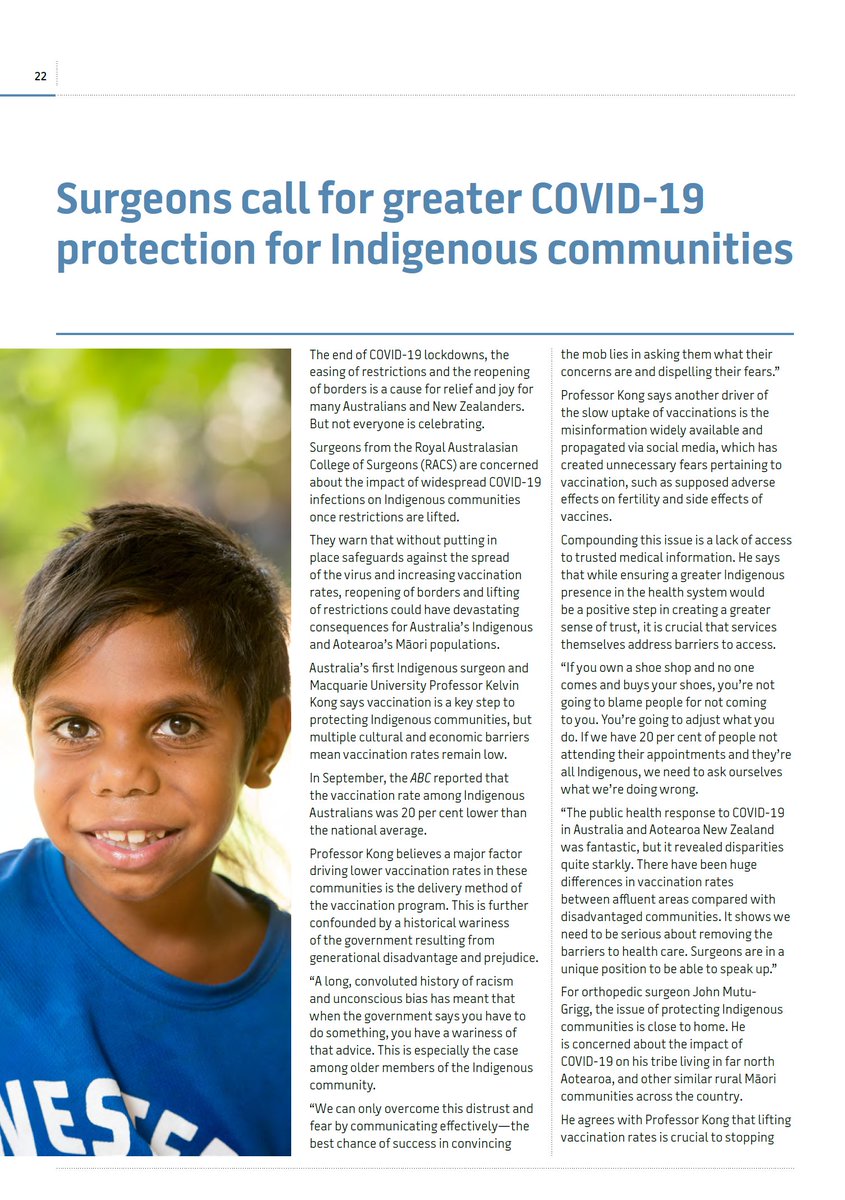6 weeks since my appendix tried to kill me, including an inter-hospital transfer on inotropes, I have learned some hard truths about serious illness that will inform my practice going forward.
A thread.
1/13
A thread.
1/13

The tweets I posted at the time? I have no memory of writing them. Ditto this text exchange with hubby👇.
I apparently signed a consent form for the operation. No memory of that either. In future I'm not going to equate 'apparently oriented' with competence.
2/13
I apparently signed a consent form for the operation. No memory of that either. In future I'm not going to equate 'apparently oriented' with competence.
2/13

Being a suspected #COVID19 case (at that point I was septic with no clear cause) was incredibly hard on family. Hubby was not allowed to accompany me in the ambulance or visit. He was told to stay home and wait with the kids in case they all had to quarantine.
3/13
3/13
Nothing was heard for hours. The poor man fell asleep next to his phone. In actual fact I'd been cleared via rapid test within an hour, but he didn't get a phone call until the next morning. Staff had assumed I would tell him. We need to do better at keeping family informed.
4/13
4/13
When you're really unwell, every movement is an impossible effort, even opening one's eyes. But other senses still work. I was grateful for the voice in my ear giving me updates or warning of a painful procedure. Please keep doing this, even for 'unconscious' patients.
5/13
5/13
All the #MedEd and #CultureChange IS WORTH IT. I only have brief visual memories- little snapshots. But they are of people I trained, or trained with, at the bedside, looking concerned. My overwhelming sense was of peace and relief at seeing them. I knew I was in safe hands.
6/13
6/13
Think twice about rushing to visit unwell colleagues. I hesitate to post this shaky selfie, but I will- because I need to stress how dishevelled, how unable to perform social niceties I was. (Also how badly those one-size-fits-all gowns fit😬)
7/13
7/13

• • •
Missing some Tweet in this thread? You can try to
force a refresh

















